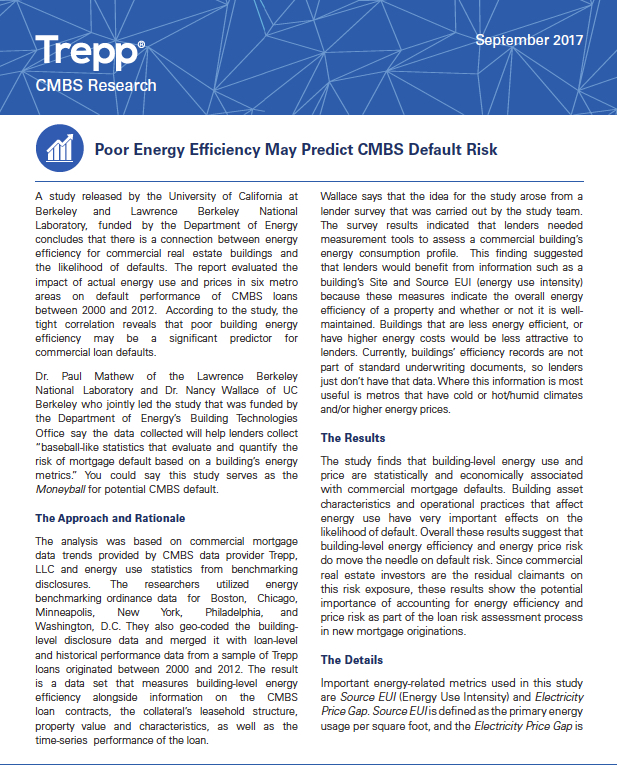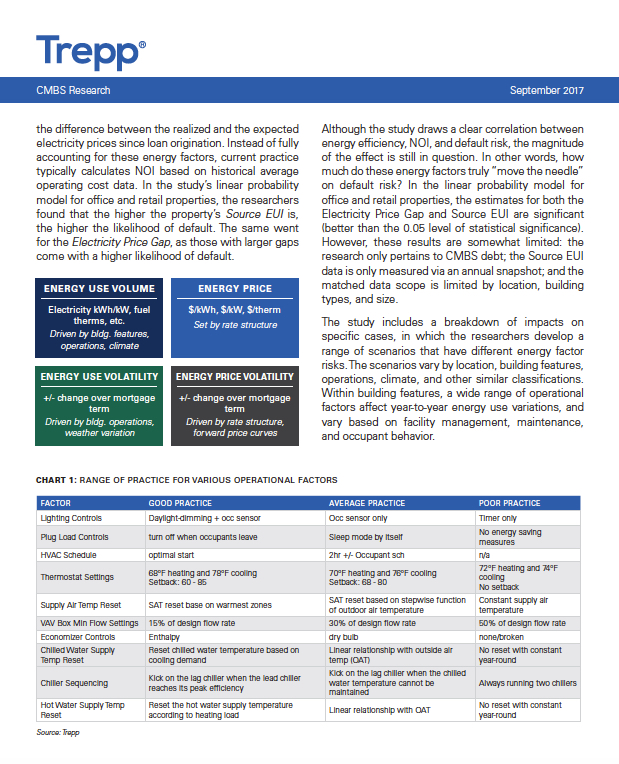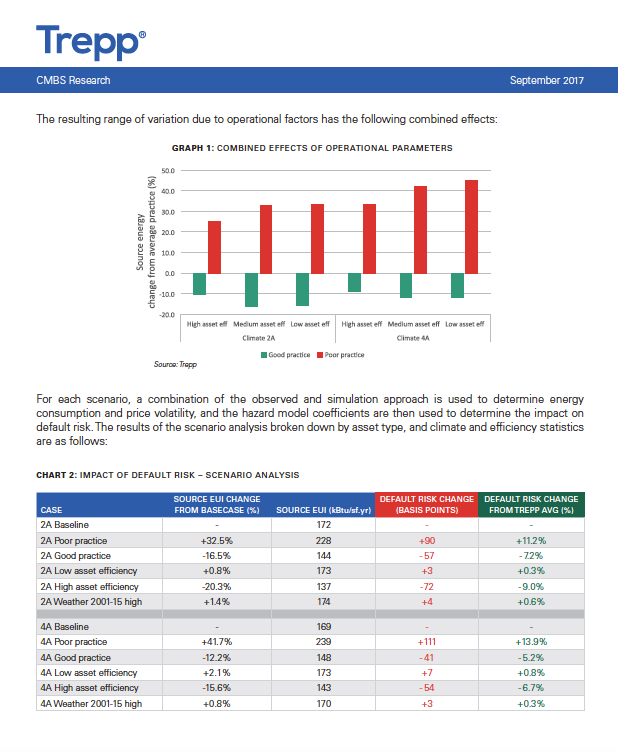President-Elect Biden’s Vision for the Power Sector
President-elect Joe Biden brings a marked shift in U.S. energy policy priorities, with clean energy being central to his plan. The Biden Plans to “Build a Modern, Sustainable Infrastructure and an Equitable Clean Energy Future” and “Clean Energy Revolution and Environmental Justice” will launch a national effort aimed at creating millions of jobs, building modern and sustainable infrastructure, and delivering a clean energy future. According to the Biden campaign, the plans are designed to “modernize our nation’s electric grid, making it smarter, more resilient, and ready to meet the changing needs of a net-zero greenhouse-gas-emissions economy.” I’ve been asked several times recently what this plan includes, so I spent an entire day sifting through the Biden Plan and removing jargon in an effort to identify its key components. Its key provisions include following:
Infrastructure Investment
To build the next generation of the electric grid, President Biden will leverage existing infrastructure and rights-of-way, along roads and railways, to promote faster and easier permitting. The Biden Administration will also work with utilities to install advanced metering equipment; deploy electric vehicle (EV) charging infrastructure, and upgrade transmission lines to support larger regional electric markets that can distribute renewable energy.
Clean Energy Innovation
- Infrastructure investments resulting in a 100% clean energy economy and net-zero greenhouse gas emissions no later than 2050. Specifically, the vision includes a carbon free power sector by 2035.
- Creation of a new cross-agency Advanced Research Projects Agency on Climate (ARPA-C) to target affordable technologies to drive cost reductions in clean energy technologies, including battery storage, negative emissions technologies, next generation building materials, renewable hydrogen, and advanced nuclear.
- Accelerate R&D on battery technology and domestic production capabilities, with a focus on developing the domestic supply chain of batteries for EVs and the grid to compliment renewable energy resources.
- Research investments and tax incentives for carbon capture and sequestration technologies, including lowering the cost of carbon capture retrofits for existing power plants.
- Accelerate innovation in supply-chain resilience by investing in research to bolster and build critical clean energy supply chains in the U.S., addressing issues like reliance on rare earth minerals.
- Investments in the national laboratories and high-performance computing capabilities.
- Appoint FERC commissioners who will drive market reforms, like expanding regional electric markets, integrating renewables and demand-response, and promoting long-term infrastructure planning to achieve a clean energy economy.
Electric Vehicles
- Remove barriers to the use of EVs, including concerns about price, range, and access to charging stations.
- Build a national electric charging system of 500,000 public charging outlets so that Americans can drive anywhere in the United States in an EV by 2030.
- Help state and local governments plan for the widespread adoption of EVs.
- Restoring the electric-vehicle tax credit and incentivizing businesses to shift their fleets to EVs. Additionally, Biden says that he will ensure that the U.S. Department of Energy invests $5 billion over five years in battery and energy storage technology, to boost the range and slash the price of electric cars.
- The U.S. Department of Transportation will also provide an additional $1 billion per year in grants to ensure the charging stations are installed by certified technicians.
- Convene the U.S. Departments of Energy and Transportation to coordinate on special demonstration projects, e.g. testing new highways that can charge EVs while in transit, and pilot projects that use EVs as mobile energy storage units. The Departments will provide grants to cities, towns, and counties that are open to piloting new kinds of charging infrastructure.
- Enact policies to promote domestic manufacturing of EVs.
- Workforce training like the Electric Vehicle Infrastructure Training Program (EVITP).
Energy Efficient Buildings
- The Biden plan will reinstate tax credits for residential energy efficiency; it also expands tax deductions for energy retrofits, smart metering systems, and other emissions-reducing investments in commercial buildings.
- Increase investment in low-income weatherization programs and key technologies like electric heat pumps.
-
Work with local and state governments and the private sector to expand the use of Property Assessed Clean Energy (PACE).
- Reinstate the solar Investment Tax Credit (ITC), which will expire in two years.



